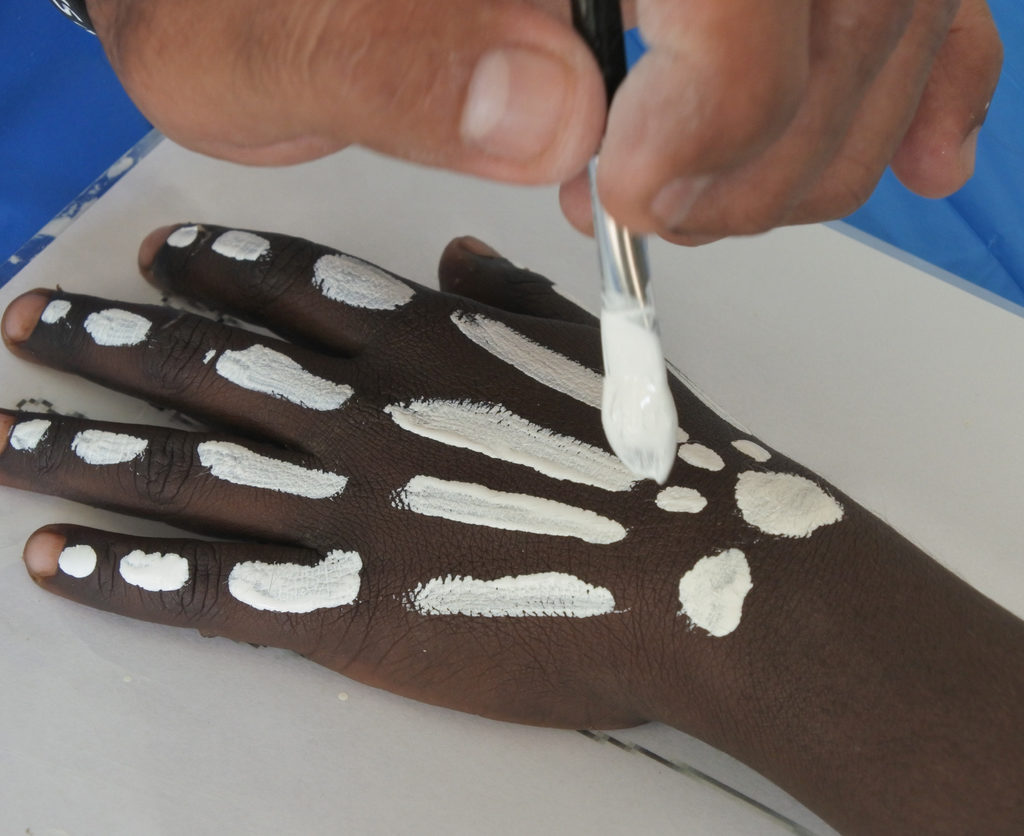Review: All Our Relations: Indigenous Trauma in the Shadow of Colonialism, Tanya Talaga, Scribe.
The Road: Uprising in West Papua, John Martinkus, Black Inc.
Tanya Talaga writes about the experience of Native Americans after European colonialism, describing being pushed off lands, cultural and spiritual impoverishment, removal from families, inadequate services, talk from governments – even liberal governments – but little action, unusually high rates of suicide. Sound familiar? In her book, which covers a number of Indigenous peoples around the world (including Australian Aborigines, Sami from the Arctic regions of Europe, Inuit and Amazonian Indigenous people), she notes that the experiences of Indigenous peoples in post-colonial settings is remarkably similar, driven, above all, by loss of identity.
She says, essentially, that identity comes from knowing and participating in history and culture, feeling part of a family and being able to envisage a positive future. Many Indigenous people are stripped of these, leading to high suicide rates (five times the national average in Australia, she notes). This is not just the legacy of past colonialism but is a consequence of current injustices, such as in Brazil, where she describes the genocide of Indigenous rainforest people (genocide being not just murder, but the deliberate destruction of a people’s culture), mostly to take away traditional (rainforest) lands for cropping or mineral extraction. The destruction of the rainforest is a tragedy in itself, but it is also destroying the sustenance and culture of Indigenous Brazilians. In North America, fossil fuel companies continue to intrude into native land.
It is difficult to face the fact that churches have often been complicit in cultural destruction by European powers, though she notes, rightly, that the situation is ‘complex’. (In North America and Australia, Christianity is often stronger in Indigenous communities than in the general population, and missionaries have often been instrumental in preserving culture, as well as lives, yet churches have also been instrumental in suppressing traditional culture.) Talaga describes the Anglican Church in one Northern Ontario community as both ‘saviour’ and a source of destruction – as in Australia, devastatingly, sexual abuse by priests (and the slowness of churches to respond) has exacerbated a sense of hopelessness and rates of suicide.
But one doesn’t need to be a European colonial power to steal land and destroy Indigenous culture, as, in our region, China and Indonesia demonstrate. In The Road, journalist John Martinkus, a veteran of war reporting, says that in the West Papuans he has ‘never’ seen ‘a people more systematically oppressed’. Unfortunately, even though this is occurring on our doorstep (a short boat trip away, as he says), the Australian government ‘does not care’. And the West Papuan people have been ‘abandoned by the international community’.
The road of the book’s title is a trans-Papuan highway in the midst of construction, much celebrated by the Indonesian government as a linking of Indonesian people, but which has been something of an excuse for pushing Indigenous Papuans off their land, along with other human rights abuses. Unsurprisingly, mining and logging companies are involved in the sorry mess and in league with the Indonesian military. (In at least one case, a mining company made a deal with the Indonesian government that allowed them to displace Papuans without having to provide any compensation.)
In the 1960s the retreating Dutch wanted West Papua to be independent. The US got involved because it wanted to keep Indonesia on-side against the Soviets by giving them West Papua. Since then, an emboldened Indonesia has not only systematically harassed the Indigenous population, but has also tried to stop journalists, NGOs, churches and brave Indonesians unhappy with their country’s aggressive nationalism from telling the truth. Lately, the military has taken to hijacking social media and labelling, Trump-style, the reportage of human rights abuses fake news. Journalists have been scared to report from the ground, after seeing what happened in East Timor. The Australian government is scared of offending Indonesia.
One Papuan taxi driver Martinkus meets refuses payment and says to Martinkus, ‘just do your job’. This firecracker of a book is part of a push to get the truth out to the deplorably indifferent international community, to speak for Indigenous people not only suffering human rights abuses, but also with no international voice.
Nick Mattiske blogs on books at coburgreviewofbooks.wordpress.com













